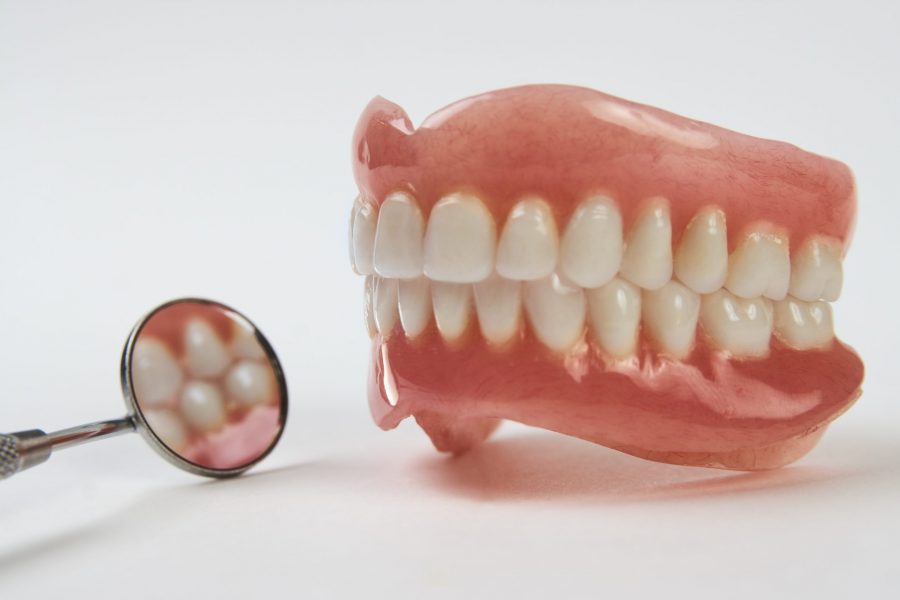Losing your teeth can be a life-changing experience and one that brings with it no shortage of stress, anxiety, and other issues. Luckily, your dentist can offer several different solutions that will allow you to regain the normal use of your teeth and your peace of mind. Among these various options, the two most popular are implants and dentures. However, it is vital that you understand the differences between the two, especially in terms of cost, when making the decision on which option is best for you.

Dentures vs Implants: Understanding the Differences
For hundreds of years, dentures were the only viable option for tooth loss. In fact, records indicate that the first dentures were made sometime in the 7th century B.C. However, this is no longer the case as most dentists now offer dental implants and other solutions as well.
Compared to dentures, implants offer a more permanent solution to tooth loss. Instead of being removable like dentures, implants use titanium rods that are surgically implanted into your jaw and then capped with a replacement tooth. In this way, implants look and function much more like your real teeth, which aren’t removable, can’t slide around in your mouth, and usually don’t require being replaced periodically.
Breaking Down the Costs
As you can imagine, implants are generally quite a bit more expensive than dentures. In fact, the average cost of a single implant normally runs somewhere around $4,000, which is often more than a full set of dentures. This cost includes both the placement of the implant and the crown or replacement tooth. Nonetheless, these costs can vary quite a bit, but your dentist should be able to give you a better idea of the approximate price after your initial consultation.
Still, a far better comparison of the total costs of implants and dentures only becomes possible when looking at having multiple teeth replaced. The reason for this is that it is often possible to replace multiple teeth using implants and crowns without needing an implant for every tooth. By using bridges, your dentist may be able to replace multiple teeth with only a few implants, which obviously brings down the cost.
In addition, it is important that you consider the lifetime costs. The fact that implants are a permanent solution to teeth loss means that they may actually be more cost-effective over the course of your lifetime. A full set of dentures can run from less than $1,000 to well over $8,000. While this seems cheaper than implants in the short term, you need to figure in that you may need to buy a whole new replacement set of dentures every five to fifteen years or so. As a result, implants might be a more financially sound decision in the long run.
Whether due to accident, injury, or disease, missing teeth can be a major problem. However, it is not one that you will be forced to deal with forever as you now have a variety of different options for tooth replacement. Nonetheless, it is important that you speak with your dentist to discuss not only the potential costs but also the pros and cons of each option. In this way, you can be assured of making the best, the most well-informed decision for your particular situation.